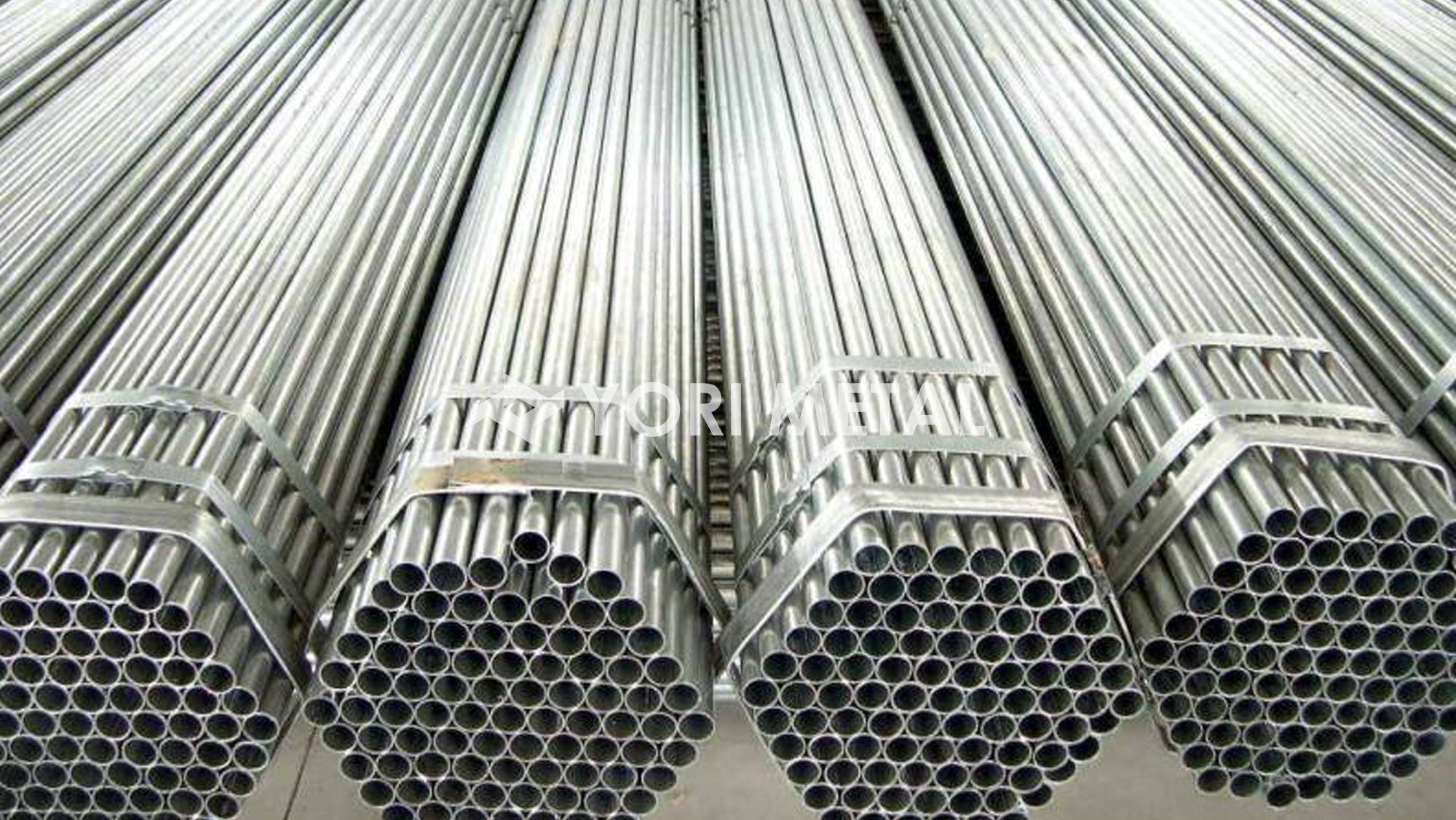
Titanium&titanium alloy tube & pipe

1.Introduction
| Product name Titanium&titanium alloy tube&pipe |
| Grade GR1, GR2, GR3, GR5, GR7, GR9, GR12 etc |
| Standard ASTMB337, ASTMB337,ASTMB861,ASTMB862 etc |
| Manufacture process Cold-roll;welded;extruded |
| Specification for seamless tube: Min OD 0.8mm,min wall thickness 0.06mm. Max Length 3000mm Φ(3~114)×(0.2~4.5)×Max Length 15000mm Φ(16~63)×(0.5~2.5)×Max Length 15000mm Φ(6~30)×(0.5~2.0)×Max Length 15000mm Φ(25~210)×(6.0~30)×Max Length 15000mm |
| Condition:M、R |
| Specification for welded tube: OD6- 610mm Wall thickness 0.35-8mm Max Length 15000mm |
Note: Packed in wooden cases or according to customer requirements; Products is tested by BaoTI Group physical and chemical experimental center, Northwest Nonferrous Metal Research Institute and other authoritative company.
2. Performance of titanium and titanium alloy tubes
Titanium is a new type of metal, the performance of titanium is related to the content of carbon, nitrogen, hydrogen, oxygen and other impurities, the purest titanium iodide impurity content is not more than 0.1%, but its strength is low, high plasticity. The properties of 99.5% industrial pure titanium are as follows: density ρ=4.5g/cm3, melting point 1725℃, thermal conductivityλ=15.24W/(m.K), tensile strength σb=539MPa, elongation δ=25%, section shrinkage ψ=25%, elastic modulus E=1.078×105MPa, hardness HB195.
(1) High strength
The density of titanium alloy is generally about 4.5g/cm3, which is only 60% of steel. The strength of pure titanium is close to that of ordinary steel. Some high strength titanium alloy exceeds the strength of many alloy structural steels.。 Therefore, the specific strength (strength/density) of titanium alloy is much greater than that of other metal structural materials. It can produce parts and parts with high unit strength, good rigidity and light weight. Currently, titanium alloys are used in engine components, skeleton, skin, fasteners and landing gear.
(2) High thermal intensity
The working temperature is much higher than aluminum alloy, in the medium temperature can still maintain the required strength, can be 450 ~ 500℃ temperature for a long time work these two titanium alloy in the range of 150℃ ~ 500℃ still has a very high specific strength, and aluminum alloy at 150℃ specific strength decreased significantly.The operating temperature of titanium alloy can reach 500℃, and aluminum alloy is below 200℃.
(3) Good corrosion resistance
The corrosion resistance of titanium alloy is much better than that of stainless steel when it works in moist atmosphere and seawater medium.Especially strong resistance to pitting corrosion, acid corrosion and stress corrosion; ; It has excellent corrosion resistance to alkali, chloride, chlorinated organic goods, nitric acid, sulfuric acid, etc.
(4) Good low temperature performance
Titanium alloy can maintain its mechanical properties at low and ultra-low temperatures. Titanium alloys with good low temperature performance and very low interstitial elements, such as TA7, can maintain a certain plasticity at -253℃. Therefore, titanium alloy is also an important low temperature structural material.
3.Application
Titanium alloy has high strength and low density, good mechanical properties, good toughness and corrosion resistance.The most widely used titanium alloys are Ti-6AL-4V (TC4),Ti-5Al-2.5Sn(TA7) and industrial pure titanium (TA1, TA2 and TA3).
Titanium tube light weight, high strength, superior mechanical properties, excellent corrosion resistance. It is widely used in: aerospace, ships, auto parts, bicycle parts, Marine engineering desalination, mariculture, offshore oil drilling, seawater pipeline; In the electric power industry, ocean thermal energy conversion power station, condenser, steam turbine titanium blade; Chemical industry in the petroleum industry chlor-alkali, soda ash, urea, and vacuum salt production petrochemical; Electrolysis and electroplating in the metallurgical industryLight industry in textiles, paper, fuel; The equipment manufacturing machine in the medical industry replaces the human body joint; Decoration in the building industry; The manufacture of sports equipment, computers, cameras, watches, glasses, mobile phones, kitchenware, and crafts in daily life.



